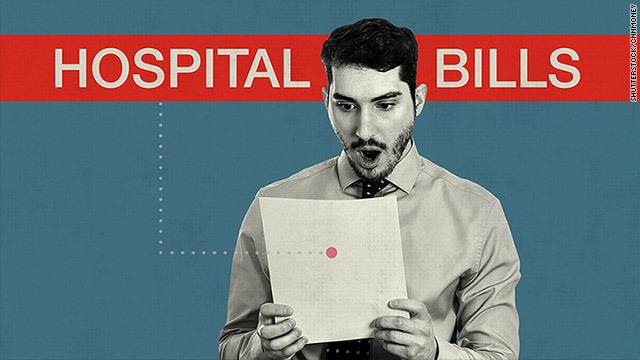Newly released test show most Milk Thistle supplements are substandard
December 2, 2009If safer toys are on shelves this year, how can you find them?
December 2, 2009This week, the United States Senate began debating Harry Reid’s 2,074-page healthcare “reform” bill. Declaring that the nation is facing a “real crisis,” Reid warned senators that they would be working Saturdays and Sundays through the end of the year in order to finish the debate as quickly as possible. Should Reid’s legislation become law, the “reforms” wouldn’t take effect until 2014. So much for the crisis. But you will start paying higher taxes next year.
My friend, Gary Bauer, the President of the Campaign for Working Families wrote this to me in an email:
The Democrats are determined to pass healthcare “reform,” but the American people are increasingly skeptical of their judgment.
A Gallup poll released yesterday finds declining support for fake healthcare “reform.” Gallup found that since October, support has fallen five points, while opposition has risen six points. That represents an 11-point swing in public opinion against the legislation in just a few weeks.
Today, only 35% support it. According to Gallup, support for the bill is down seven points since September among self-identified Democrats and down 11 points among Independents, 53% of whom now oppose the bill.
He goes on to write:
A new Rasmussen poll has even more disturbing news for congressional Democrats. The voters don’t believe them when they insist healthcare “reform” won’t raise their taxes or add to the deficit.
According to Rasmussen, 60% of likely voters believe that healthcare “reform” legislation will add to our nation’s growing debt burden, and 75% believe that middle class taxes will go up as a result.
This is very significant because several Rasmussen polls clearly show that voters continue to put much greater emphasis on improving the economy and reducing the deficit than on healthcare “reform.” The more Democrats appear disconnected from reality, the greater their defeat is likely to be in next year’s elections. To illustrate the point, a new Rasmussen poll finds that voter identification with the Democrat Party has fallen five points since Obama took office.
Putting the political implications aside, I hope anyone remotely interested in the idea of government-run socialized medicine will take a moment to thoroughly research the issue. Here are just a few of the implications:
- Cancer care on the NHS falls behind the rest of Europe
- More than nine out of 10 NHS trusts in England are failing to provide a good standard of cancer care compared with other countries, official figures show
- Kidney cancer patients denied life-saving drugs by NHS rationing body NICE
- Thousands of surgeries may be cut in Metro Vancouver due to government underfunding, leaked paper
- Rheumatoid arthritis drug which eases pain ‘is too expensive for the NHS’
- What Health Reform Will Do to My Insurance
In the past, I’ve blogged on the healthcare reform that I support:
Also, I’ve done a blog series on the pros and cons of nationalized healthcare systems. Here are the links to the entire series: The Grass Is Not Always Greener: A Look at National Health Care Systems Around the World:
Here are some of my other blogs on healthcare reform:
- Christian Medical Association Labels House Healthcare Bill an “Overdose” That Threatens Patient-Physician Relationship
- Christian Doctors Refuse Bribe from Senate Leader
- Do You Want the Federal Government Paying for All Abortions?
- What Lessons Massachusetts Holds for U.S. Health Care Reform
- How many uninsured people need additional help from taxpayers?
- Do you support Obamacare? Don’t miss this!
Also, here’s a blog series on commonly believed healthcare myths:
- Health Myth #1: “The U.S. has one of the highest infant mortality rates in the developed world.”
- Health Myth #2: “About 46 million Americans lack access to health insurance.”
- Health Myth #3: “The uninsured can’t afford to buy coverage.”
- Health Myth #4: “Most of the uninsured do not have health insurance because they are not working and so don’t have access to health benefits through an employer.”
- Health Myth #5: “The estimated 45 million people without health insurance lacked health insurance for every day of the year.”
- Health Myth #6: “Government-run universal health care would increase the international competitiveness of U.S. companies.”
- Health Myth #7: “The cost of uncompensated care for the uninsured significantly increases hospital costs.”
- Health Myth #8: “Nationalized health care would not impact patient waiting times.”
- Health Myth #9: “Insurers cover less today than they did in the past.”
- Health Myth #10: “Preventive Medicine Saves Money.”



